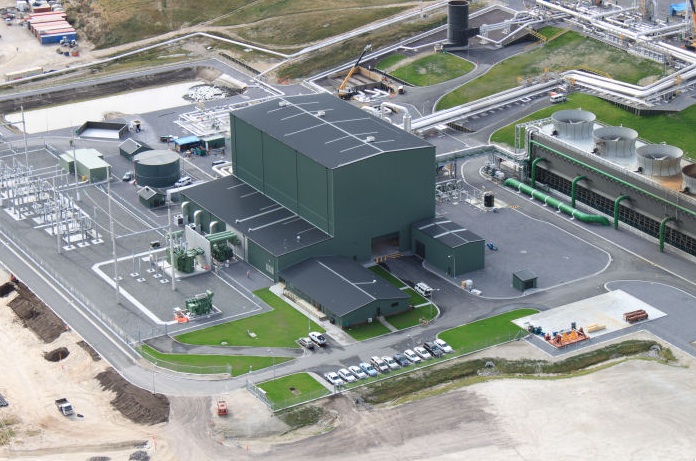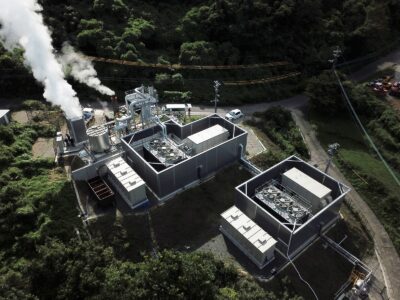Mighty River Power planed IPO to raise up to $5.7 billion
In the planned IPO of Mighty River Power, New Zealand's government aims to raise up to $5.7 billion for the treasury of the country, facing though some opposition through Maori groups.
New Zealand geothermal power house Mighty River Power is a state owned utility that is now eyeing to sell shares in the company in a serious of four IPOs that aime to raise up to $5.7 billion (NZ$7 billion).
According to Bloomberg, a recent visit by Goldman Sachs and other lenders have visited operations of Mighty River Power on the North Island, including the site of a geothermal drilling rig by Icelandic drilling company Iceland Drilling.
There are though voices by local Maori groups that say that the planned IPO violates a 172 year old treaty that gave indigenous people rights to their land and resources, in the founding document of New Zealand.
They are now planning a legal challenge to the IPO. At the same time the New Zealand government says the IPO will help raise money for schools and roads as the country is challenged by lower credit ratings given the current debt burden of the country.
For investors and banks the Maori claims and the Treaty of Waitangi are essentially a black box that leaves many things unclear.
According to the news, the government plans to sell as much as 49 percent of Mighty River Power in the third quarter of this year taking it onto the New Zealand Stock Exchange. A move that the government also plans with other energy companies.
Banks that are named in the IPO are Credit Suisse Group, Macquarie Group and Goldman Sachs.
Mighty River Power comments on the current discussions, saying it is not selling its asset, but simply planning a sale of a minority shareholding in the company and the public does not see that the government will still remain the majority stakeholder in the company.
Source: Bloomberg


















